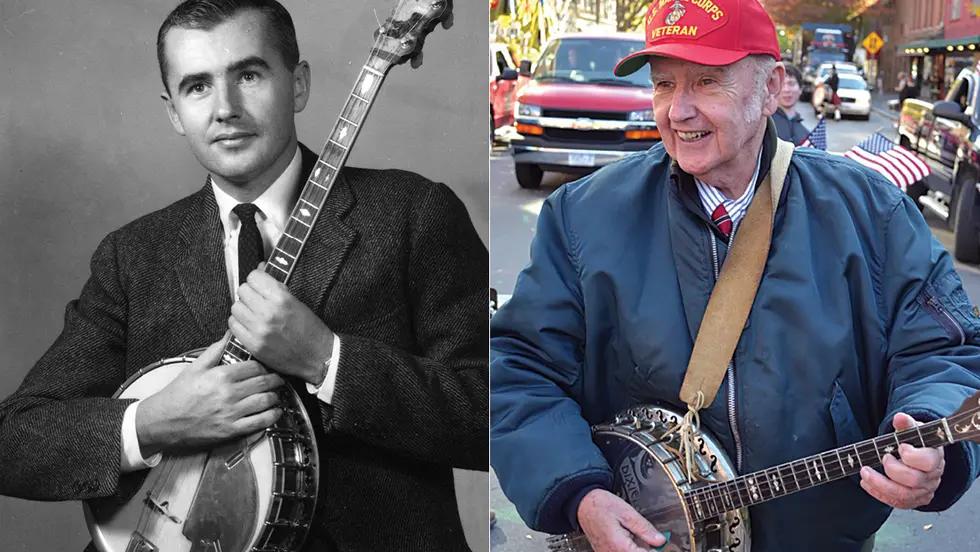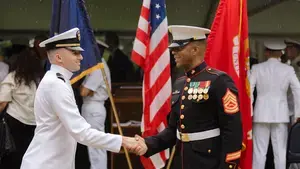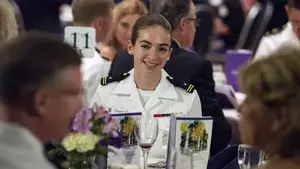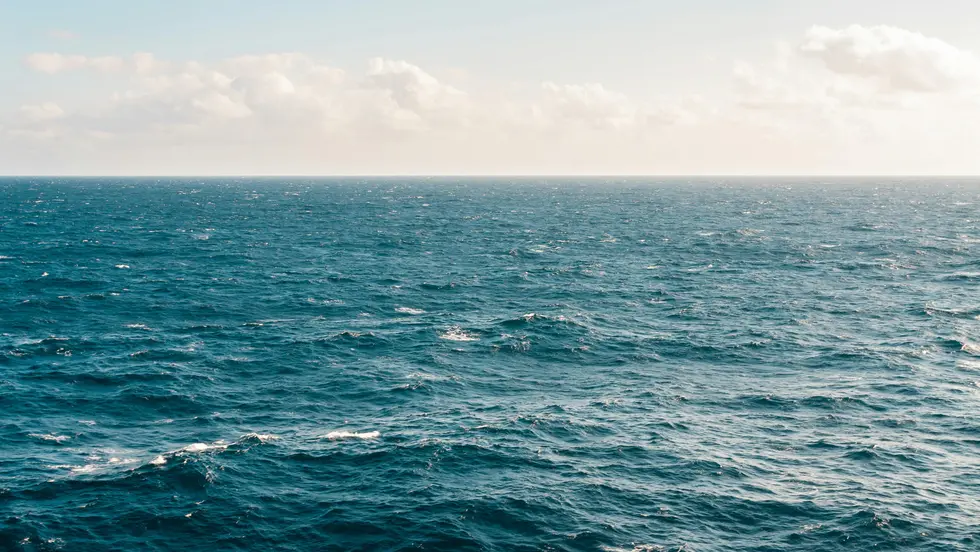
Naval Science
The Holy Cross Naval Science program trains well-rounded, thoughtful leaders within a rigorous learning environment.
For young individuals who embrace challenge and want to become part of something far greater than themselves, the Department of Naval Science offers the education and training to become commissioned officers in the United States Navy and Marine Corps through its Naval Reserve Officers Training Corps (NROTC) scholarship program and its College (non-scholarship) program.

Why Join the NROTC?
Naval Science at Holy Cross is an intensive four-year program that simultaneously trains undergraduates in the liberal arts and in military subjects. We are looking for intelligent and physically fit individuals of high moral character who can be trained to assume positions of leadership and great responsibility in the Navy and Marine Corps. If you fit that description, and if you prefer to be a leader rather than a follower, then you owe it to yourself to give it a try.
Program of Study & Training
Naval Science (NROTC): Career Program
The NROTC battalion at Holy Cross, one of the oldest in the country, proudly follows the traditions and standards of the world’s strongest naval military organization. Finding one’s personal leadership style and preparing for the jobs that await after graduation are two key components of the program, but the NROTC experience at Holy Cross is so much more than that. Discover if the NROTC experience is right for you.
NROTC Office
College of the Holy Cross
One College Street, Box E
Worcester, MA 01610-2395


